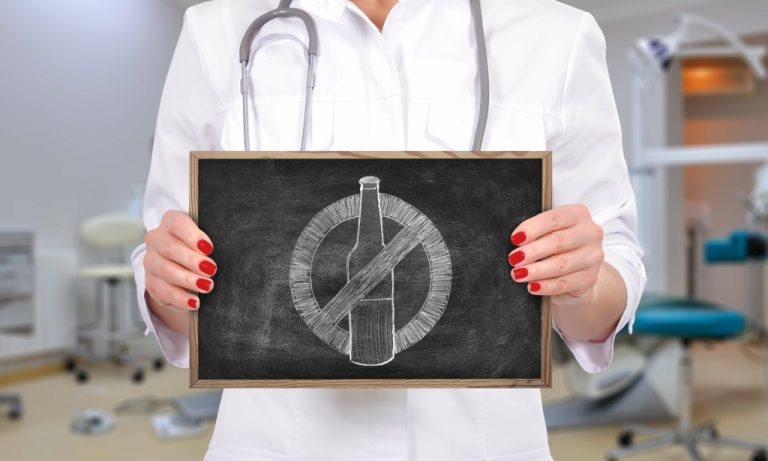When alcohol enters the body, it travels from the stomach and intestines through the bloodstream to various organs. In the liver, spikes in blood alcohol content caused by heavy drinking overload its ability to process alcohol. So, excess alcohol journeys from the liver to other parts of the body, like the heart and central nervous system.

The alcohol will continue to circulate in the bloodstream and eventually affect other organs. Cerebellar degeneration caused by alcohol occurs when neurons in the cerebellum deteriorate alcohol overdose and die. The cerebellum is the part of the brain that controls coordination and balance. These symptoms can occur in addition to the symptoms of alcohol withdrawal.
Frequently Asked Questions Regarding the Mental Effects of Alcohol Use
A mixed drink or cocktail could have more than one serving of alcohol in it. More studies are required before this therapy could be made available to people. Other forms of alcohol-related harm can be cured, but it takes time to make the changes felt. After a big glass of wine, almost anyone feels a little warm and wobbly.
It is dangerous to assume that an unconscious person will be fine by sleeping it off. One potential danger of alcohol overdose is choking on one’s own vomit. Alcohol at very high levels can hinder signals in the brain that control automatic responses, such as the gag reflex.
How Alcohol Overdose Can Cause Brain Injury
Taking breaks between drinks—and being sure not to imbibe on an empty stomach—can help reduce your risk of experiencing them yourself. However, a 2018 study published in The Lancet suggests that there is no safe level of alcohol consumption. Even low levels of consumption can harm your health; higher levels of consumption have worse effects.
- By changing your brain, alcohol can therefore lead to worse memory and impaired judgments, among other changes.
- A lack of coordination, speech difficulty, and a reduced ability to make sound decisions could all be caused by damaged brain cells, and alcohol directly causes that damage.
- The organization Drinkaware also points out that alcohol can reduce the production and/or uptake of chemicals brain cells use to communicate with one another.
- These repeaters also could not learn from their mistakes, which made it harder for them to understand the consequences of their actions.
